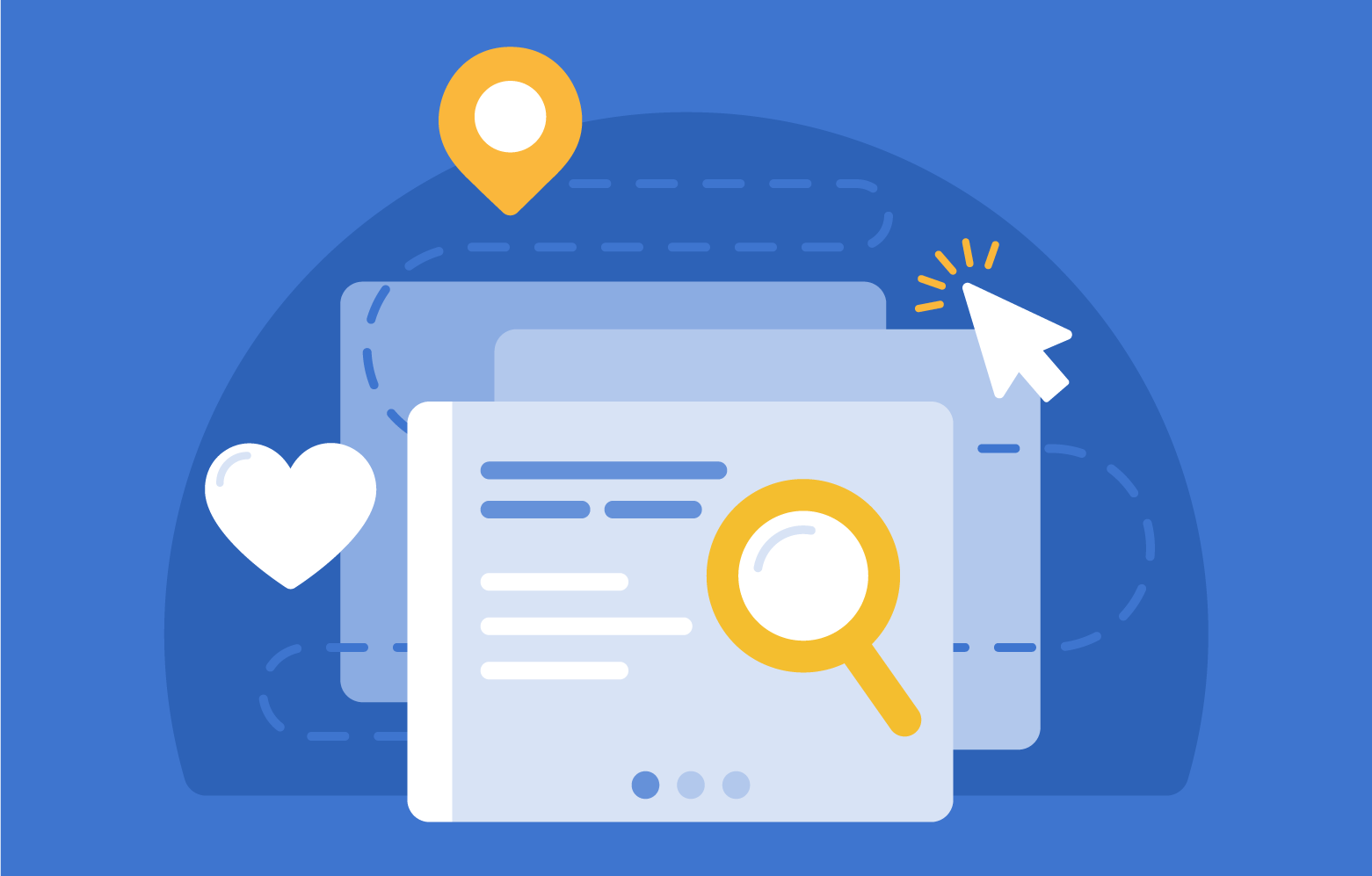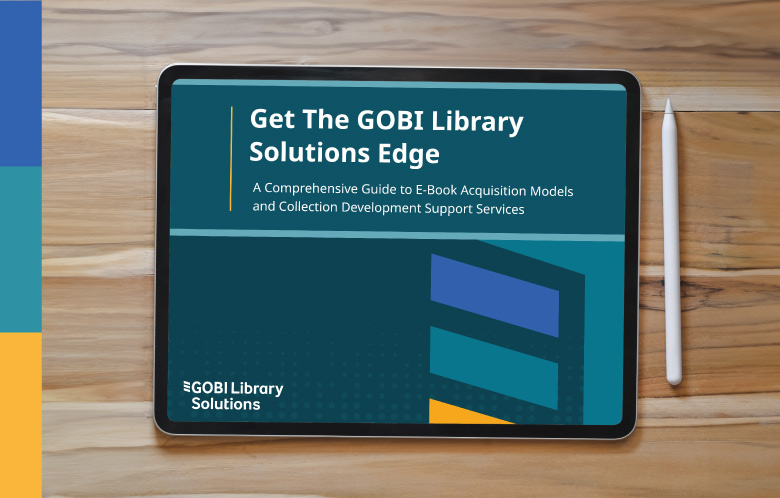Transcript | Download
Copyright, AI and Access
If you have ever thought, “Maybe an AI tool can help here,” make sure you know the implications before you start!
For instance, there are legal and ethical considerations you should consider before using unstructured, structured, or images in AI tools. When working with content, it's important to know what copyrights are held by all parties – from the publisher to the original creator, the reviewer, or even the reporter in the case of news articles. If the publisher or the creator who owns the IP has not given explicit permission for that content to be used in an AI application, then it's not lawful to use it in AI. Even if the AI is meant to be used for educational purposes - even if the content is open source - no permission means no lawful use unless permission is given.
So why is this restriction so important to consider? It has to do with the way AI tools learn.
AI language models – like OpenAI’s ChatGPT or Meta’s Llama – use any data fed into them to train a single model, or a set of central models. The learnings in these central models are then available to all its global users. That’s why even if you are intending to train or interact with the AI only for educational purposes, there is no way to guarantee that the information will not then be used for non-educational purposes.
Imagine if your research was used without your consent. It could affect how often you’re cited by other researchers or even compromise your innovative ideas before they're published. And once that content is entered into an AI, there is no way for the model to delete or “unlearn” it. The model will forever understand the context and the information that it was originally provided, but not always which article it came from. This is the problem that publishers and authors face when their content Intellectual Property, or IP, is added to or used with AI tools. That’s why it’s crucial to ensure you have permission from the IP holders before putting their work into an AI. And if anyone says no, then that IP cannot be entered into any AI tool.
If you don’t know if someone has given permission, a good rule of thumb is to assume they haven’t. Because the content can never be taken back out, it’s too risky to assume otherwise.
AI creates amazing opportunities, but it must be used responsibly, ethically, and transparently. So, let’s work together to navigate the world of AI thoughtfully.
This material is for informational purposes only and does not constitute legal advice.


